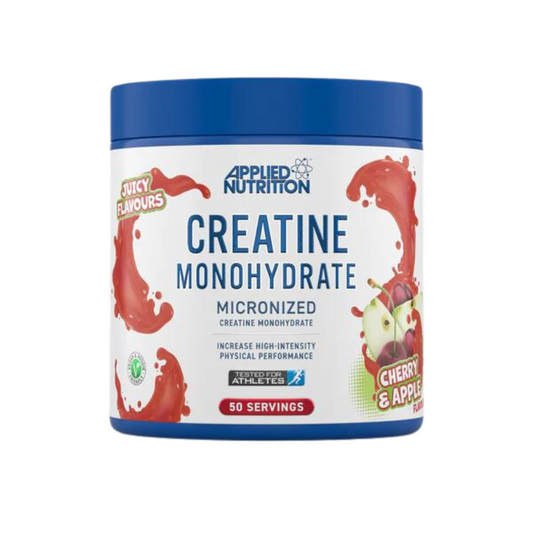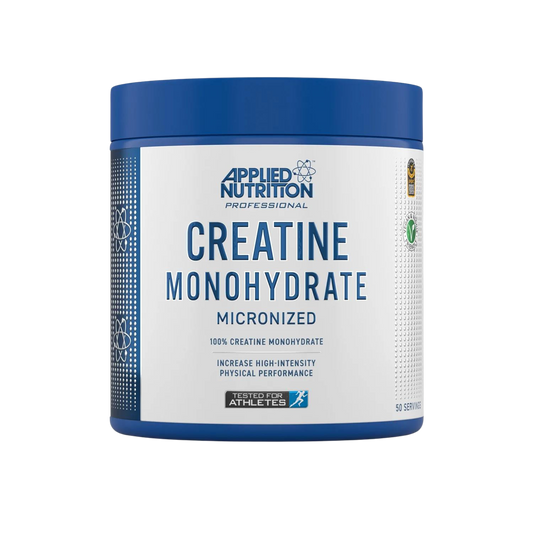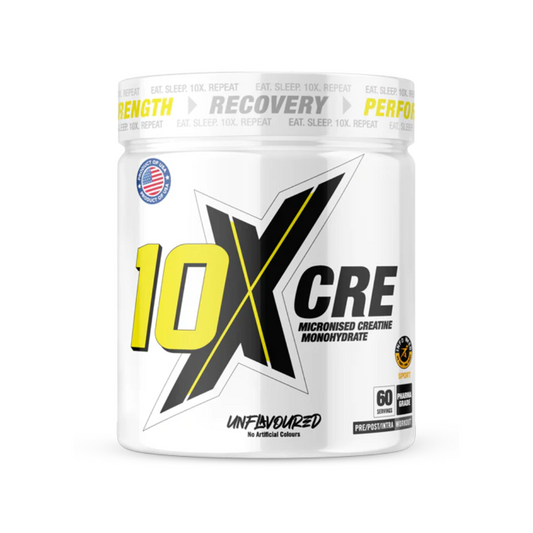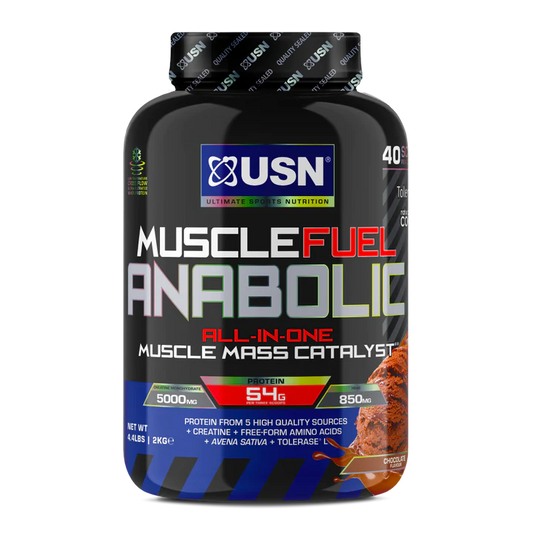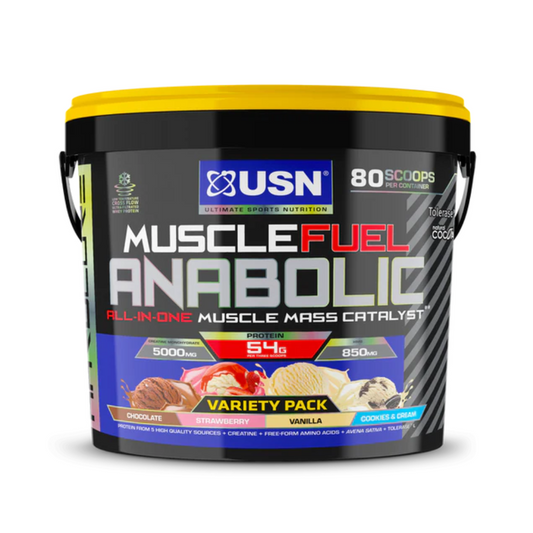Collection: Creatine
Creatine is a naturally occurring substance that is found in the body and is also present in small amounts in some foods, such as red meat and fish. Creatine is stored in the muscles and is used to help produce energy, particularly during high-intensity exercise.
Creatine is sometimes taken as a dietary supplement to help improve muscle strength and endurance, particularly in athletes and bodybuilders. It is thought to work by increasing the availability of adenosine triphosphate (ATP), which is the primary source of energy for muscle contractions. Some research suggests that creatine may also help to reduce muscle damage and soreness after exercise.
Creatine supplements are available in a variety of forms, including powders, capsules, and tablets. They can be mixed with water or other liquids and are typically taken in the form of a shake or drink.
It is generally recommended to speak with a healthcare provider or a registered dietitian before starting any new supplement regimen, as some supplements may interact with medications or have negative side effects. It is also important to be mindful of portion sizes and not to exceed the recommended dosage.
Some people may experience side effects from taking creatine, such as gastrointestinal distress, weight gain, or muscle cramping. It is also important to keep in mind that the long-term safety and effectiveness of creatine supplementation have not been well studied.
-
Optimum Nutrition Micronised Creatine
Regular price From £24.99 GBPRegular price -
Dymatize Creatine Monohydrate - Unflavoured
Regular price From £25.99 GBPRegular price -
MuscleTech Platinum 100% Creatine Monohydrate
Regular price £19.99 GBPRegular price -
Olimp Sport Nutrition Creatine 1250 Mega Caps - 120 Capsules
Regular price £19.99 GBPRegular price£22.99 GBPSale price £19.99 GBPSale -
Applied Nutrition Flavoured Creatine Monohydrate 250g
Regular price £20.99 GBPRegular price -
Applied Nutrition Creatine Monohydrate Micronized
Regular price From £19.99 GBPRegular price -
DY Nutrition The Creatine Monohydrate - 400g, 40 Servings
Regular price £24.99 GBPRegular price -
BSN Creatine DNA 216g
Regular price £14.99 GBPRegular price -
10X Athletic CRE - 300g Unflavoured
Regular price £26.99 GBPRegular price -
USN Muscle Fuel Anabolic - 2kg All-In-One Gain Protein Powder
Regular price £39.99 GBPRegular price -
 Sold out
Sold outOlimp Dextrex Juice® 1kg
Regular price £12.99 GBPRegular price -
Optimum Nutrition Creatine 2500MG Capsules 200 Caps
Regular price £45.99 GBPRegular price -
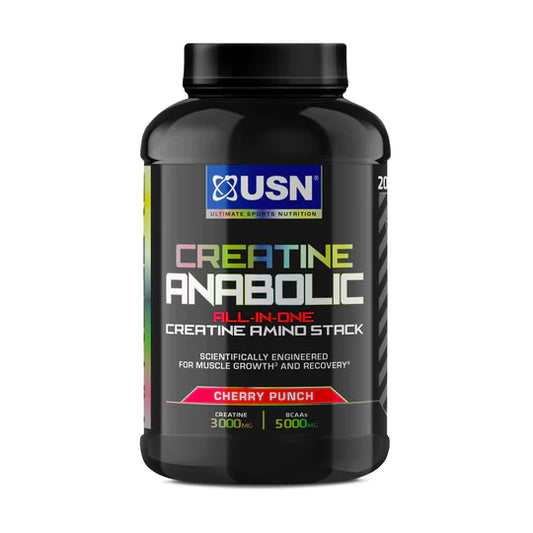 Sold out
Sold outUSN Creatine Anabolic 900g
Regular price £27.99 GBPRegular price -
USN Muscle Fuel Anabolic Variety Pack - 4KG
Regular price £75.00 GBPRegular price -
Redcon1 Creatine Monohydrate - 300 gram
Regular price £25.99 GBPRegular price -
EFX Sports Kre-Alkalyn EFX - 120 Caps
Regular price £24.99 GBPRegular price





